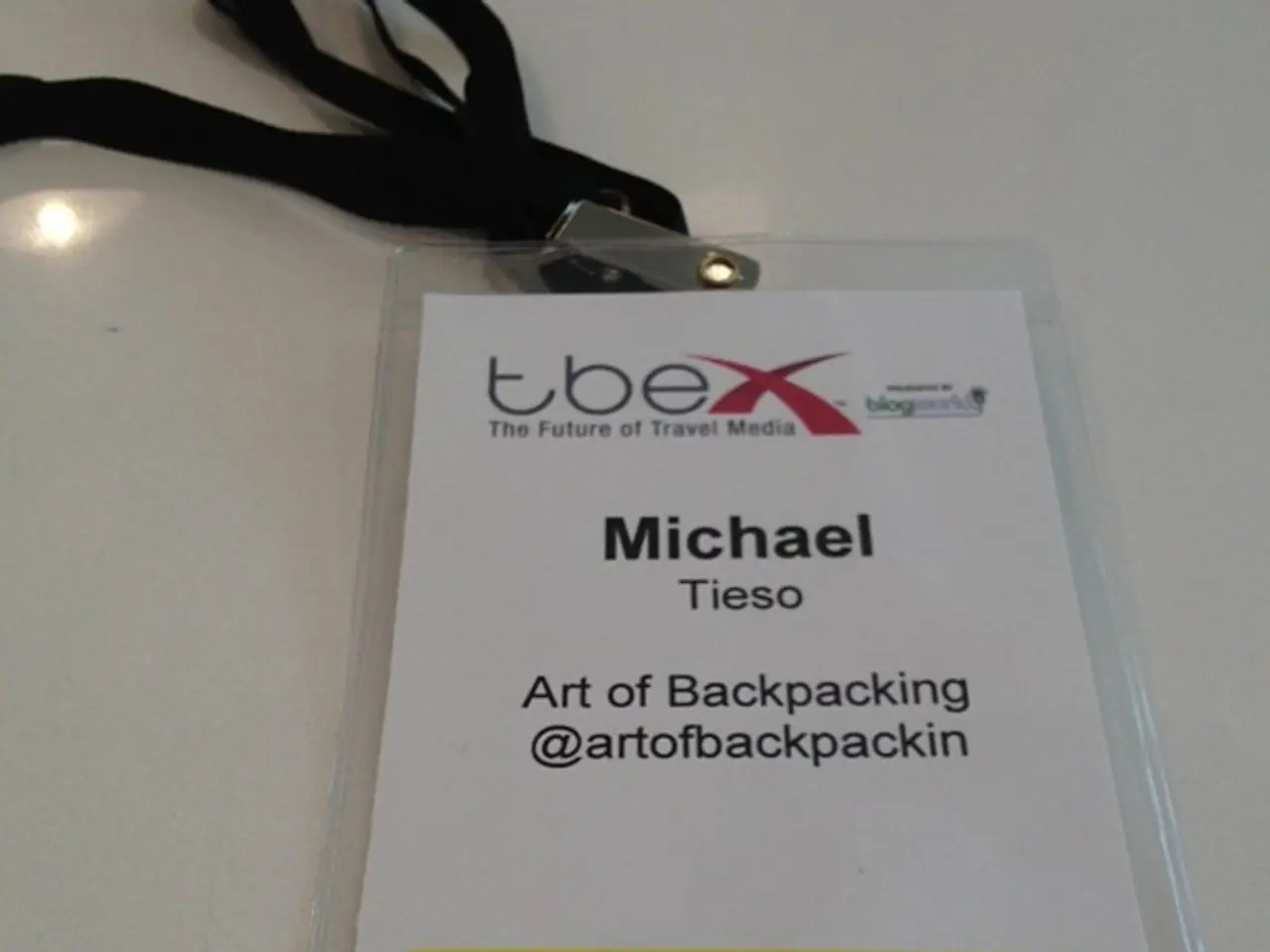African Independent Workers Develop Digital Profiles
Boosting Skills and Online Presence for African Freelancers
James Mutua, a full-stack developer based in Nairobi, Kenya, has demonstrated the power of building a strong online presence for African freelancers. In just four months, he increased his LinkedIn following from 300 to 2,500 and improved his project win rate from 20% to 55%. His secret? A GitHub portfolio showcasing five open-source projects, regular LinkedIn posts about coding challenges and solutions, short video tutorials, and frequent updates to his portfolio.
For African freelancers looking to emulate Mutua's success, there are several key avenues to explore:
1. Training Programs and Certifications
Participating in focused, structured training programs can provide the necessary skills, certifications, and AI knowledge to stay competitive in the market. Programs like the Freelancer Academy by ALX Ventures offer a 2-week course to help freelancers identify, monetize, and manage skills, while providing resources and an ecosystem for client acquisition and networking across Africa.
Pursuing specialized courses such as Google Certifications in Digital Marketing fundamentals, advanced Google Sheets, and UX Design Professional Certificates can build in-demand skills and incorporate AI training relevant to current market needs. Continuous access to tech training via subscriptions like ALX’s All Access enables registration for multiple courses and access to tech hubs and university networks.
2. Utilizing Global Freelancing Platforms
Establishing and optimizing profiles on platforms like Upwork, Fiverr, and Toptal provides access to international clients, secure payment systems, and dispute resolution mechanisms that protect freelancers’ interests. Regularly updating portfolios with client testimonials, actively networking within platform communities, and tailoring applications to relevant job postings improve visibility and credibility on these platforms.
Learning from peer success stories and adapting to competition globally by upgrading skills and maintaining professionalism helps African freelancers stay competitive despite challenges like internet access and payment complexities.
3. Leveraging AI Tools
Incorporating AI-powered solutions—such as chatbots for customer communication, AI for digital marketing, and AI-assisted design and content creation—enhances efficiency and output quality. Digital literacy and understanding AI trends through training programs empower freelancers to integrate AI tools into their workflow to better serve clients and automate routine tasks.
4. Engaging with Freelancer Communities
Joining online communities like African Freelancers provides motivation, practical resources, networking opportunities, and visibility through “Find a Freelancer” services connecting clients with African talent across disciplines such as writing, design, and marketing. These communities offer peer support and updates on freelancing trends, enabling knowledge sharing and collaboration that help freelancers grow professionally and maintain a strong online presence.
Summary
By combining these approaches—upskilling through accredited courses, leveraging prominent gig platforms, integrating AI tools, and participating in vibrant local and regional freelancer networks—African freelancers can enhance their skills, boost their credibility, and build robust online presences that attract quality clients globally.
Online platforms offer tailored training programs specifically designed for freelancers in Africa, with flexible payment options, region-focused courses, and collaborations with industry leaders. To overcome challenges like limited internet access and high competition in the global market, African freelancers can leverage creative strategies and maximize available resources, such as building a strong online presence, focusing on niche markets, and scheduling work during off-peak hours when connectivity is more stable.
For more detailed information about training programs and AI tools for African freelancers, consider exploring platforms that support freelancers in Africa. Sarah Okonjo, a digital marketing expert from Lagos, Nigeria, boosted her average project fee from $200 to $1,500 and secured $5,200 in monthly recurring contracts within three months by focusing her portfolio exclusively on SaaS content marketing, enhancing her profile with relevant keywords and professional certifications, and adding detailed case studies that highlighted clear, measurable client results.
- To build a strong online presence as a freelancer in Africa, it's essential to not only participate in focused training programs for skills, certifications, and AI knowledge, but also to leverage global freelancing platforms for access to international clients, secure payment systems, and dispute resolution mechanisms.
- In addition to establishing a robust online presence, another key strategy for career development is to engage with freelancer communities that provide motivation, practical resources, networking opportunities, and visibility, such as the African Freelancers community's "Find a Freelancer" service for connections across various disciplines.




